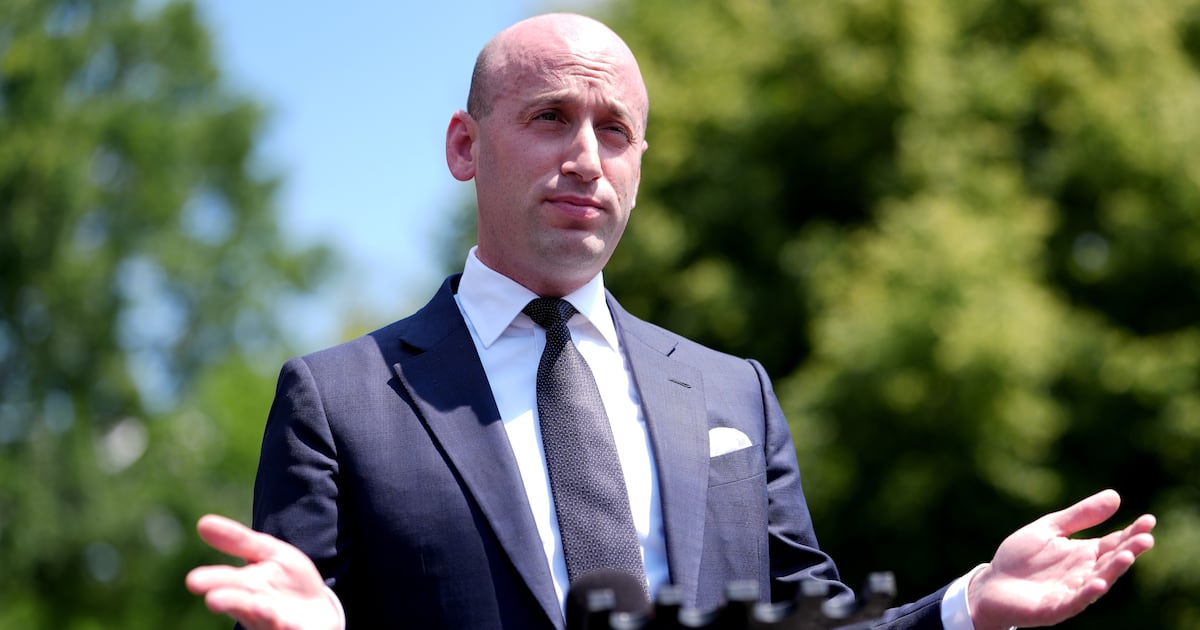No sooner did the seconds tick off on the Chicago Bulls 101-97 victory over the Miami Heat Wednesday night than talk on the sports shows and the internet turned to “What next for LeBron? Is there life after the streak?”

The answer is that, for practical purposes, the end of Miami’s winning streak–27 consecutive wins, the second longest in NBA history and only six short of tying the 1971-1972 Lakers’ record of 33—doesn’t matter a bit. With 11 games left in the regular season, the Heat will be overwhelming favorites to roll over all opponents in the playoffs and roar to their second consecutive championship. Some Vegas books are already taking bets as to whether or not the Heat will lose another game at all this season.
LeBron James is more than America’s number one sports icon, he’s a prime example of how sports has changed in the last half century. Last Monday, in a game between the Miami Heat and the Charlotte Bobcats, three foreigner sat together at courtside, as if in homage to King James.: the world’s heavyweight champion Wladimir Klitschko, a Ukranian; top-ranked tennis player Novak Djokovic, a Serbian; and Northern Ireland’s Rory McIlroy who was until recently the world’s number-one golfer.
Imagine a similar scene 50 years ago: the heavyweight champion was Sonny Liston, the number one tennis player was Pancho Gonzalez, and the top golfer was Jack Nicklaus—all Americans. The basketball player they would have gone to watch would probably have been Wilt Chamberlain—but then, it’s highly unlikely that top athletes from other sports would, in 1963, have been at an NBA game.
Back then, pro basketball trailed baseball and football in popularity by huge margins, and most games weren’t televised. The NBA still is still less popular than football and baseball, but not by nearly as much. The NBA may soon be, if it isn’t already, the most marketable sports league around the globe—and the only one where individual superstars are on par with the world number-ones from other international sports. And most of the league’s global clout comes from names such as Kobe Bryant and James.
At least one thing is certain: LeBron James is the highest paid team sports player in the world with, according to Forbes, a $13 million salary and more than $40 million in endorsements. Think about this: in 1963 Wilt Chamberlain had one endorsement: he was paid $2,500 for telling the world that Wilson made the best basketballs.
Like Michael Jordan in his peak years in the 1990s, LeBron James is a symbol of both what’s best and what’s worst about the NBA right now. Pro basketball thrives on superstars: Chamberlain kept the game alive through the 1960s, Magic Johnson and Larry Bird keyed a basketball boom which began when they came to the league in 1978. Then there was Jordan, the Lakers of Kobe and Shaq, and now, King James.
LeBron, like the greatest players before him, gets the most attention, sells the most tickets, and brings the highest ratings to whatever city the Heat are playing in. The problem is that that doesn’t always translate to more revenue for the league as a whole. In fact, many believe that superstars like Jordan and James actually hurt the overall health of the league by siphoning off much of the national and international interest. It’s a phenomenon unknown to football and baseball, where players can’t showcase their skills as easily as a round-ball star.
But in basketball, a streak like the Heats’ 27 consecutive victories, which ended Wednesday night in Chicago with a 101-97 Bulls victory, commands more ink and interest to a degree which makes everything else seem like a footnote. If you don’t’ believe it, check out the accounts of last night’s loss to the Bulls in any newspaper or website not based in Chicago: the story wasn’t “Bulls win” but “Heat lose.” In many, stories of the Bulls-Heat game got more space than all the other NBA games combined.
There are, of course, pockets—even large pockets—of fanatical fans who are excited by the seasons of the New York Knicks, Brooklyn Nets, L.A. Clippers, Oklahoma City Thunder and San Antonio Spurs, but to the average fan across the country, the only real question is “What time are the Heat on?”
There are other superstars on the Heat—Dwyane Wade and Chris Bosh are certainly among the league’s best players—but the main attraction of course, is James, who is certain to be voted MVP for a fourth time this year.. In the process of winning his second championship ring James may finally have rehabilitated his public image. As recently as a year ago, it was fashionable to hate LBJ for—take your pick—leaving his hometown team, the Cleveland Cavaliers; for not coming to New York; or, especially, for announcing his decision to go to Miami on that absurdly ill-advised ESPN special, “The Decision.” Or for just being too damn good.
One by one, those reasons have fallen by the wayside. No one is going to shed any more tears for Cleveland (where, after all, James played seven seasons). New York’s loss? Forget it; the most fans outside the Big Apple hate New York. The TV show? Hell, who remembers who won last year’s American Idol?
As for being too good, let’s face it: in the long run, what most of us really want is a winner.
Right now American sports needs all the winners it can get. When Michael Jordan lead the Dream Team to victory in the 1992 Olympics, the joke, as someone said on SNL the next year when Jordan hosed, was “You should be playing some of those countries by yourself.” Over the last couple of decades, though, those countries have gotten a little better, and the U.S. men’s 107-100 victory over Spain to take the gold in last summer’s Olympics was as bruising as any game in the NBA finals.
The rest of the world is catching up to and in many ways surpassing the U.S.’s once- dominant sporting culture. We haven’t won the Davis Cup since 2007, we’ve never placed the semifinals in the World Baseball Classic, and we wouldn’t have won the gold medal in basketball if not for LeBron James. It may well be that sports fans of the future will look back on the first couple decades of the 21st century and see them as the Golden Age of LeBron, who may be the last hurrah for American sporting greatness. The front row at some Heat home games may feel that way now.






